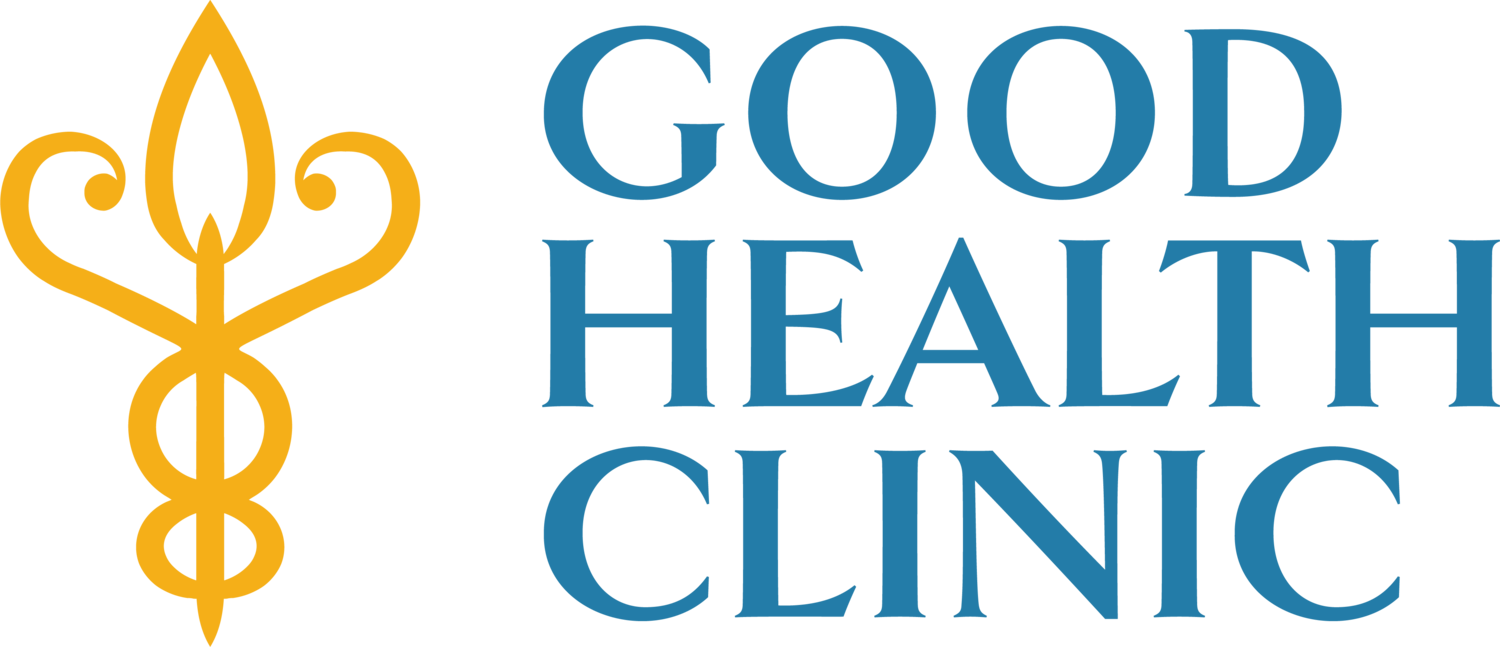GOOD HEALTH CLINIC TERMS OF ENGAGEMENT
BETWEEN THE NUTRITIONIST AND HIS/HER PATIENT
The Nutritional Medicine/Therapy Descriptor
Nutritional Medicine is the application of nutrition science in the promotion of optimum health and individual care. Nutritionists use a wide range of tools to assess and identify potential nutritional imbalances that may contribute to an individual’s symptoms and health concerns. Nutritional Medicine/Therapy is fully recognised as a complementary medicine and is relevant for those with chronic conditions, as well as those looking to optimise their health.
Nutritionists use a Functional Medicine model to assess and identify these imbalances. Functional medicine is a systems biology-based approach that focuses on the root causes of dysfunction. Practitioners consider each individual to be unique and recommend personalised therapy programmes rather than a ‘one-size-fits-all’ approach. Practitioners always refer any patient with ‘red flag’ signs or symptoms to their GP. They will also frequently work alongside other healthcare professionals involved in the patient’s care and explain any nutritional therapy programme that has been provided.
The Nutritionist request that the patient notes the following:
The degree of benefit obtainable from Nutritional Therapy (NT) may vary between patients with similar health programmes following a similar nutritional programme.
Nutritional advice will be tailored to support health conditions identified and agreed between both parties.
Nutritionists may recommend food supplements and/or functional testing as part of your nutritional programme. Your nutritionist may receive a commission on some of these products or services.
Standards of practice in Nutritional Medicine/Therapy are governed by the CNHC Code of Conduct.
Nutritional Therapy is not a substitute for required medical advice/treatment.
Nutritionists work as a team of healthcare professionals i.e. with your GP or consultant who is treating diagnosed medical conditions.
The Patient understands and agrees to the following:
I am responsible for contacting my GP about any health concerns, particularly of an acute nature.
I give permission for you to contact my GP regarding any agreed aspects of my case.
If I am receiving treatment from my GP, or any other medical provider, I should tell him/her about any nutritional therapy provided by my nutritionist. This is necessary because of any possible reaction between medication and the the nutrition programme.
It is important that I tell my nutritionist about any medical diagnosis, medication, herbal medicine, or food supplements I am taking as this may affect my nutrition programme.
If I am unclear about the agreed nutrition therapy programme/food supplement doses/time period, I should contact my nutritionist promptly for clarification.
I must contact my nutritionist should I wish to continue any specified supplement programme for longer than the original agreed period, to avoid potential adverse reactions.
The Nutritionist reserves the right to refer patients to other healthcare professionals if he/she feels that this would be in the best interests of the patient or practitioner.
All information shared during the professional practitioner-patient relationship is confidential and, to the best of our knowledge, true and correct.
